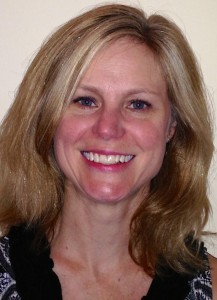Description: Intentional self-harm behavior is common among adolescents with emotional regulation difficulties and individuals diagnosed with borderline personality disorder. Self-harm behaviors have been referred to by many names in the literature, including self-injury, parasuicidal behavior, and self-mutilation, and involve deliberate destruction of body tissue without suicidal intent. Self-harm behaviors are challenging to evaluate, understand, and treat and are among the most distressing clinical problems faced by family members and clinicians. This workshop will address the evaluation and treatment of self-harm behavior in individual and family therapy. Participants will learn about the common functions of self-harm, factors that maintain these behaviors, and intervention strategies.
Trainer(s): Jill S. Compton, Ph.D. is an Assistant Professor and Director of the Behavioral Interventions Program in the Department of Psychiatry and Behavioral Sciences at Duke University Medical Center. Dr. Compton has worked extensively with multi-problem adolescents and adults. She has a particular interest in expanding dialectical behavior therapy (DBT) to couple and family problems, and has conducted research investigating family interventions for borderline personality disorder and major depression. Dr. Compton has also worked to apply DBT principles in education contexts, including development of programs in high school and residency training settings.
Prudence F. Cuper, Ph.D. is a Postdoctoral Associate at Duke University Medical Center. A graduate of Duke University’s clinical psychology program, Dr. Cuper has been involved in research investigating applications of DBT and the dissemination of DBT, as well as studies on emotion regulation and treatments for depression and post-traumatic stress disorder. Her interest in DBT and her appreciation for empirically supported treatments stem from her employment at Behavioral Tech Research, where she worked as a grants and projects manager before embarking on a career as a psychologist. Dr. Cuper has led numerous DBT skills groups for adults and adolescents, and enjoys the lively discussions and multiple perspectives these groups offer.
Slides | Handouts
UNC Chapel Hill School of Social Work Clinical Lecture Series
